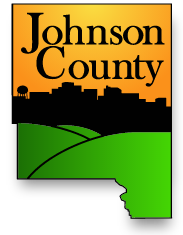Tax increment financing is a method of reallocating property tax revenues which are produced as a result of an increase in taxable valuation above a "base valuation" figure within a tax increment area. Until the tax increment debt within an area has been repaid, tax revenues produced by property tax levies imposed on the increased taxable valuation by a city, county, school district, area school or any other taxing jurisdiction are all allocated back to the city or county which has established the tax increment area, and must be spent by that jurisdiction for projects within that area. Chapter 403 of the Code of Iowa, the Urban Renewal Law, is the statutory authority for tax increment financing.
Click here to see Robert E. Josten of Dorsey & Whitney explaining Tax Increment Financing.
Debt
Debt is defined as an amount of money borrowed by one party from another. Counties are allowed to finance certain qualified expenses by borrowing the funds and paying off the resulting loans/bonds through the Debt Service fund tax levy. Johnson County uses the Debt Service levy as a means to access the Tax Increment Financing (TIF) areas via property taxation. The TIF will then be contributing to the cost of county government via the Debt Service levy. Without the Debt Service tax, TIF areas would contribute very little towards the cost of our county’s operations, services or projects. Through qualified bank borrowing, Johnson County is able to borrow on a short term with a low interest rate.
